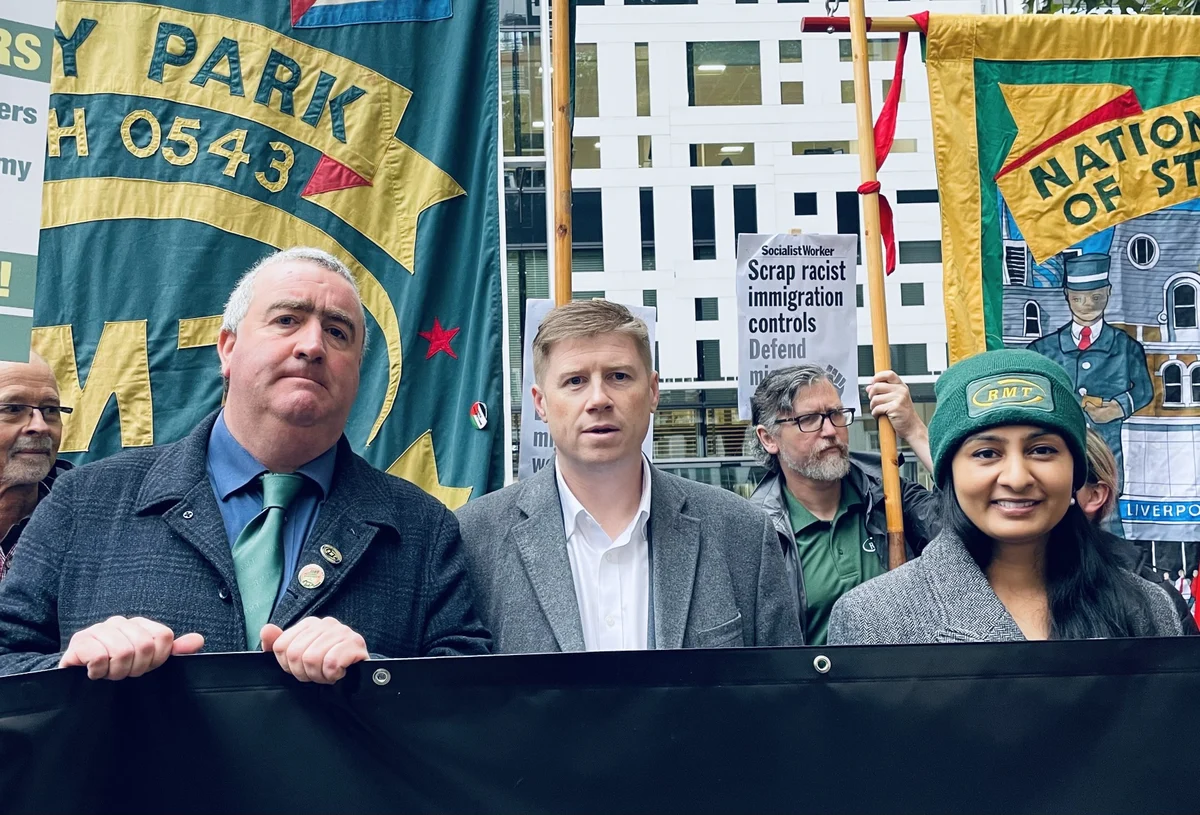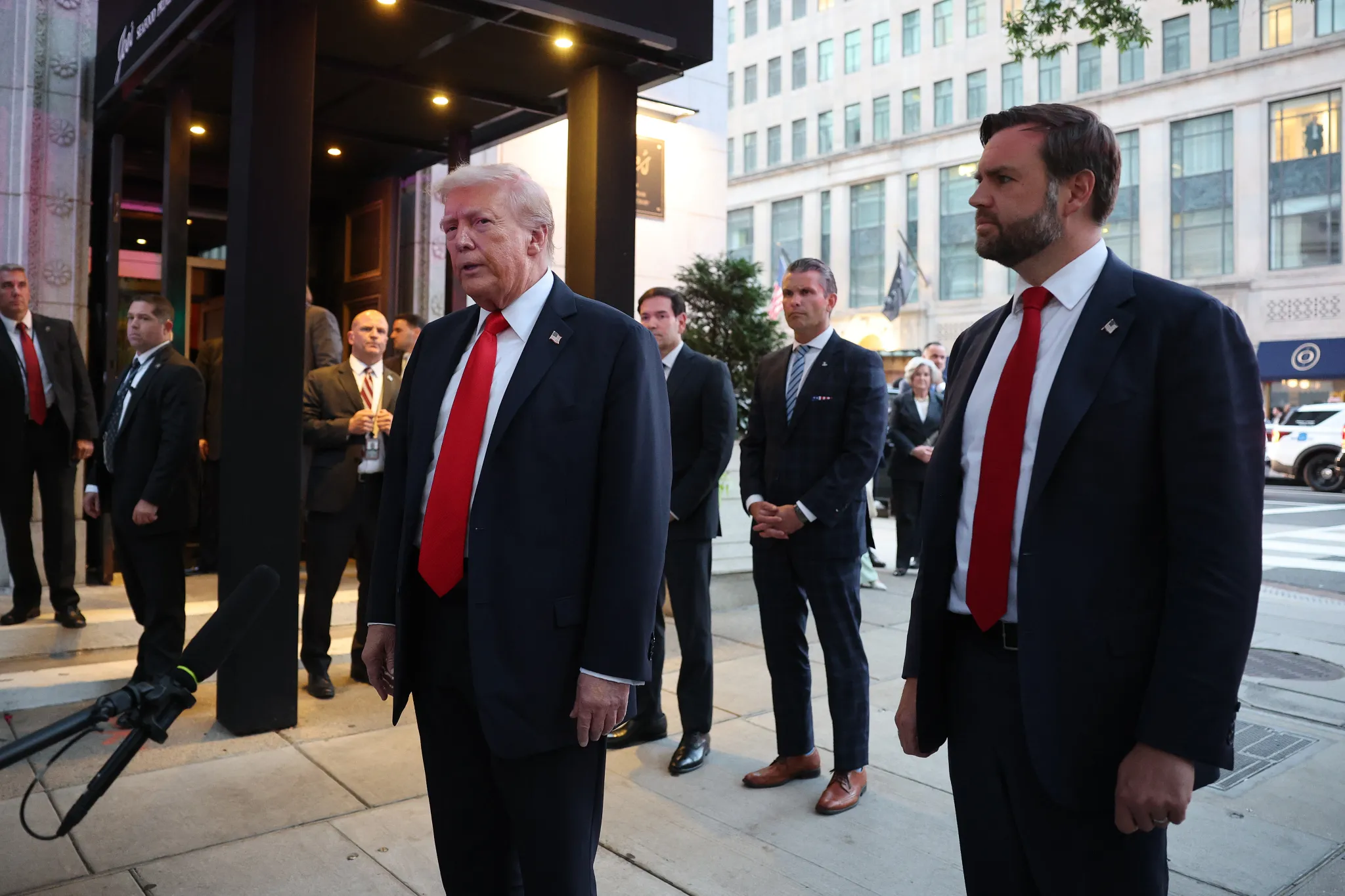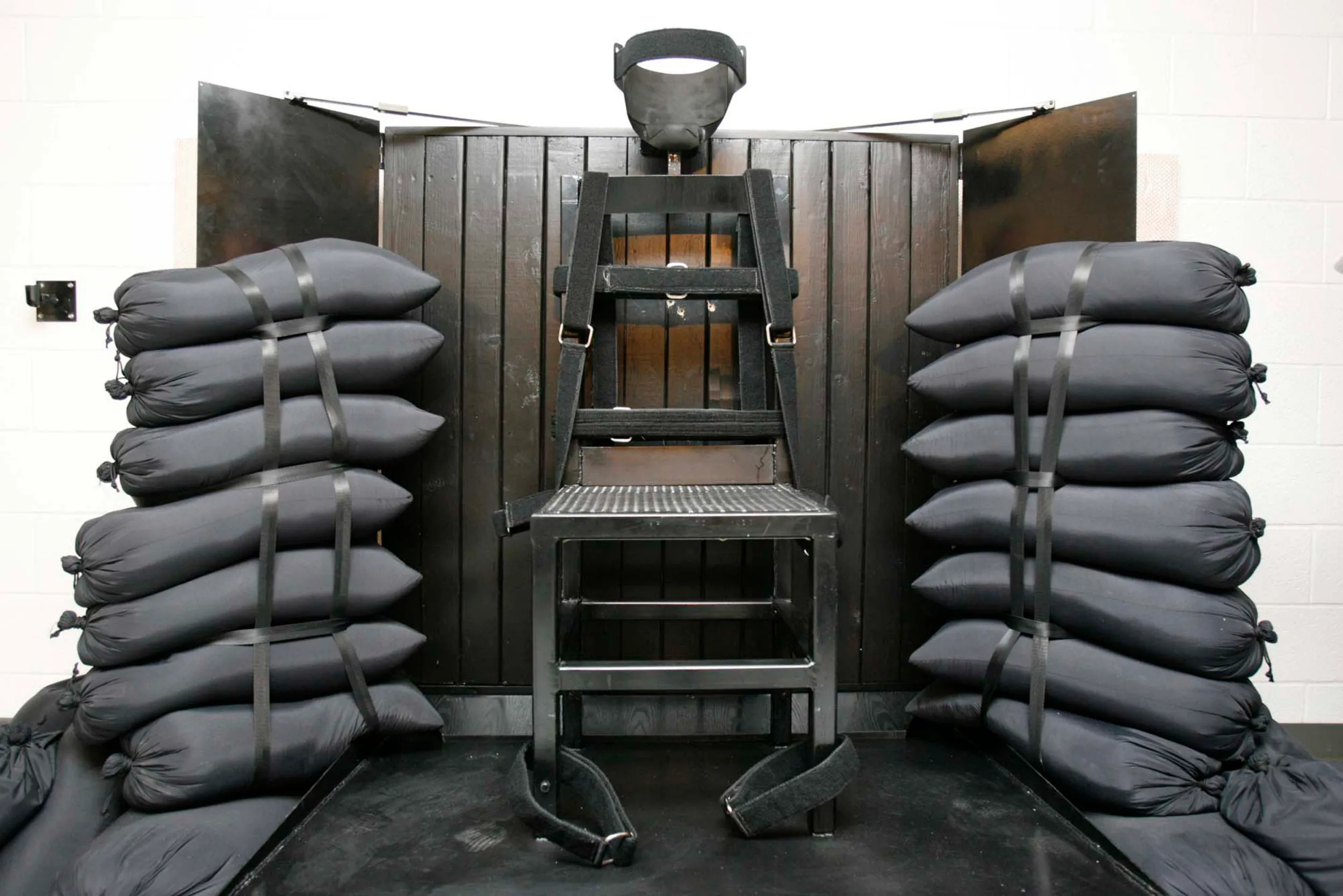We are not hardliners, says RMT chief as peace talks get underway at TfL to avert more Tube strikes
By Ross Lydall
Copyright standard

RMT leader Eddie Dempsey says he is “quietly optimistic” of averting further Tube strikes – but warned union members will want more walkouts if a compromise deal cannot be reached.
RMT negotiators were at Transport for London’s Palestra headquarters in Southwark on Wednesday morning for peace talks.
Last week, five days of rolling action by RMT members led to a near total shutdown of the Tube from Sunday evening until Friday morning – the first strike to close the Underground for two years.
Speaking to the Standard on Wednesday morning, Mr Dempsey said: “We are creative people. This is what we do – we make deals, day in, day out. You only see us when we don’t – when things go wrong.
“I am quietly optimistic, but it’s going to require TfL to move towards us. We are always prepared to compromise. We are not hardliners, in the sense that we just put a list of demands up and never move.
“We will make a reasonable settlement with TfL if they are in the market for a deal. We will know that pretty soon, I think today, once we check the temperature of those negotiations.”
The dispute is primarily centred on the RMT’s wish to move towards a 32-hour, four-day working week to address longstanding concerns about fatigue linked to early and late shift patterns, in particular for station staff.
Prior to last week’s action, TfL said even a 30-minute reduction in the working week was unaffordable and impractical.
TfL’s chief negotiator Nick Dent invited the RMT to the peace talks last Thursday, saying: “We want to discuss the issue of fatigue management with you and would like to continue this dialogue next week.”
Mr Dempsey, the RMT’s general secretary, is not due to take part in Wednesday’s negotiations. Jared Wood, the RMT’s London regional organiser, will lead the union’s team.
Asked if the RMT remained determined to secure even a small reduction in the 35-hour working week, Mr Dempsey said: “We are seeing our members not making it to retirement. They are going into ill health as a direct result of the shift work and shift patterns they are undertaking.
“We have got a duty to our people to address that and we take it very seriously – and so should TfL. It’s more productive for them.”
The RMT balloted its members in July and its strike ballot is valid for six months. However it has to give two weeks’ notice of any further strikes – and no new dates have been announced yet.
This means the Tube should be open as normal on Sunday, when Oxford Street will be closed to traffic for the day to showcase Sir Sadiq Khan’s wider vision of pedestrianising the street.
Asked how soon further strike dates could be announced, should the talks break down, Mr Dempsey said: “We are going into the talks completely unconditionally. We are [placing] no prior conditions on how they go.
“We are going in open-minded and positive. We will do our best to make a reasonable settlement. If we get some movement, we will come back to our people, ask them to look at it and see if we are in a place where we can settle.
“But if we don’t make any progress, we will have to report back to our people. I’m pretty sure if you get 500 RMT members in a town hall meeting and tell them the employer has made no movement, their mood is going to be for further strike action.”
TfL data seen by The Standard shows that as many as 650,000 journeys a day were made via Tube stations – though many of these were passengers passing through the ticket barriers on their way to and from the Elizabeth line, which remained open.
All 16,500 Tube staff have been offered a 3.4 per cent pay rise. “We’re not looking for more money on top of the 3.4 per cent,” Mr Dempsey has told the BBC.
RMT members across all grades – including station staff, drivers and signallers – took part in the strike, with different groups walking out at different times to maximise the disruption.
But a majority of drivers did report for duty, as more than half belong to Aslef – though some Aslef members refused to cross the RMT picket lines.
Last week, Sir Sadiq, who refused to intervene in the dispute, was only questioned for just over three minutes about the Tube strikes when he appeared before the London Assembly for the monthly mayor’s question time session.



